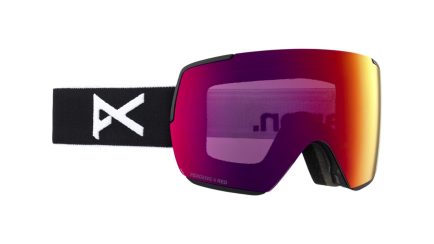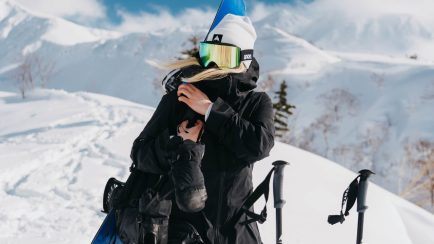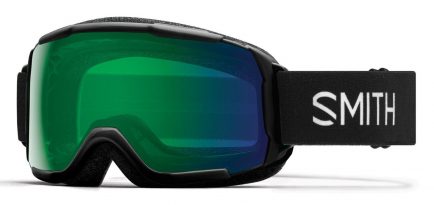wp-placeholder-6b3d0352c0996d33a21542d3f0d12312
- SportRx Eyewear Starting at $99 With Rx Shop Now
- Free Ground Shipping on All U.S. Orders Learn More
- Prescription Replacement Lenses Shop Now
Need Help?
Talk with an expert Sports Optician.
What’s a Sports Optician?Search
Snow & Ski Goggles: Polarized or Not?
December 13, 2021

 Gabriela Jhean
Gabriela Jhean
Tags:Ski Goggles, Snow Goggles, polarized ski goggles, polarized snow goggles, polarized snowboard goggles, polarized vs non polarized ski goggles, polarized vs non polarized snowboard goggles, ski goggles with polarized lenses, snow goggles with polarization, polarized vs non polarized snow goggles
Comments 2
Leave A CommentYou Might Also Like
Explore
- SPORT/ACTIVITY
- Athleisure
- Baseball
- Basketball
- Boating/Sailing
- Casual Lifestyle
- Cycling
- Computer
- Driving
- Fishing
- Football
- Gaming
- Golf
- Hiking
- Military/Tactical
- Motocross/ATV
- Motorcycle
- Mountain Bike
- Mountaineering
- Pickleball
- Racquetball/Squash
- Running
- Safety/ANSI
- Scuba Diving
- Shooting
- Ski/Snowboard
- Skydiving
- Soccer
- Softball
- Swimming
- Tennis
- Triathlon
- Volleyball
- BRAND
- PRODUCT TYPE
- CONTENT TYPE
- Size
Chat



Snow is not a flat surface. The ice crystals are oriented in many different directions, thus the light reflected off of snow becomes polarized in many different directions. Thus polarized sunglasses do not really help on snow. Unless you're skiing on a wet sheet of ice. I myself will just go to the bar in those conditions.